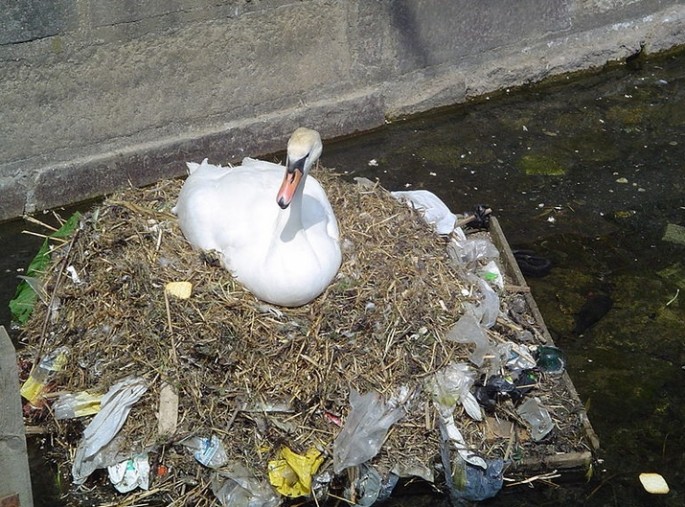Seabirds are now ingesting a dangerous amount of plastic according to a new study where scientists reveal that some 90 percent of the seabird population apparently has toxic products inside their guts.
Scientists also say that this number is now extremely alarming and significantly higher than a few decades back where just 10 percent of seabirds were found to have plastic inside of them, during the 1980s. Researchers also say that the birds now have higher rates of plastic in them since they confuse the floating plastic trash for food.
This new study examined 186 seabird species where they incorporated information about garbage pollution found in their natural habitats and their foraging habits including body size to predict the amount of plastic they ingest. Researchers also put into consideration prior studies of various seabird species that actually consumed plastic from the ocean between 1962 and 2012.
According to biology professor Boris Worm from the Dalhousie University in Canada, this is a real issue that concerns every single person and their daily habits.
Upon further analysis using the study's model, researchers have now determined that 90 percent of seabirds have plastic contained in their guts where this number will further increase in the next few decades if human trash throwing habits will not change.
Researchers added that plastic ingestion is significantly increasing in seabirds where it can reach 99 percent across all species by the year 2050.
When seabirds ingest plastic, this can lead to poisoning and can block intestines along with many other organ problems. Apart from the birds, other wildlife in the food chain can be greatly affected when birds continue to eat plastic at this rate. Researchers now warn that people should take immediate action to reduce their plastic usage and apply better waste management to stop endangering the seabird population.
Worm adds that rapid economic growth leads to increasing usage of disposable plastics in many global regions. Waste collection and management including safe storage and recycling simply cannot keep up with this economic growth where waste is now thrown everywhere and not even stored properly.
This study is published in the journal, Proceedings of the National Academy of Sciences.



























